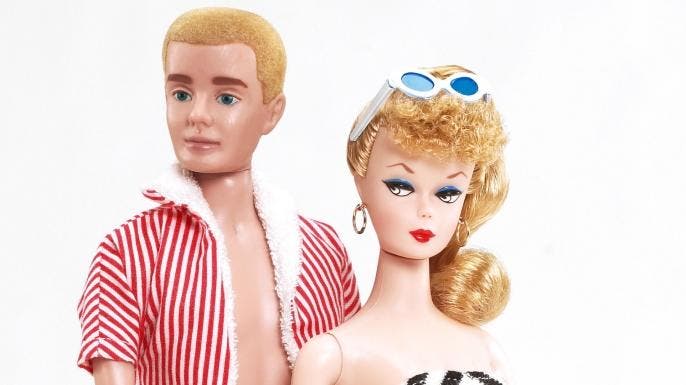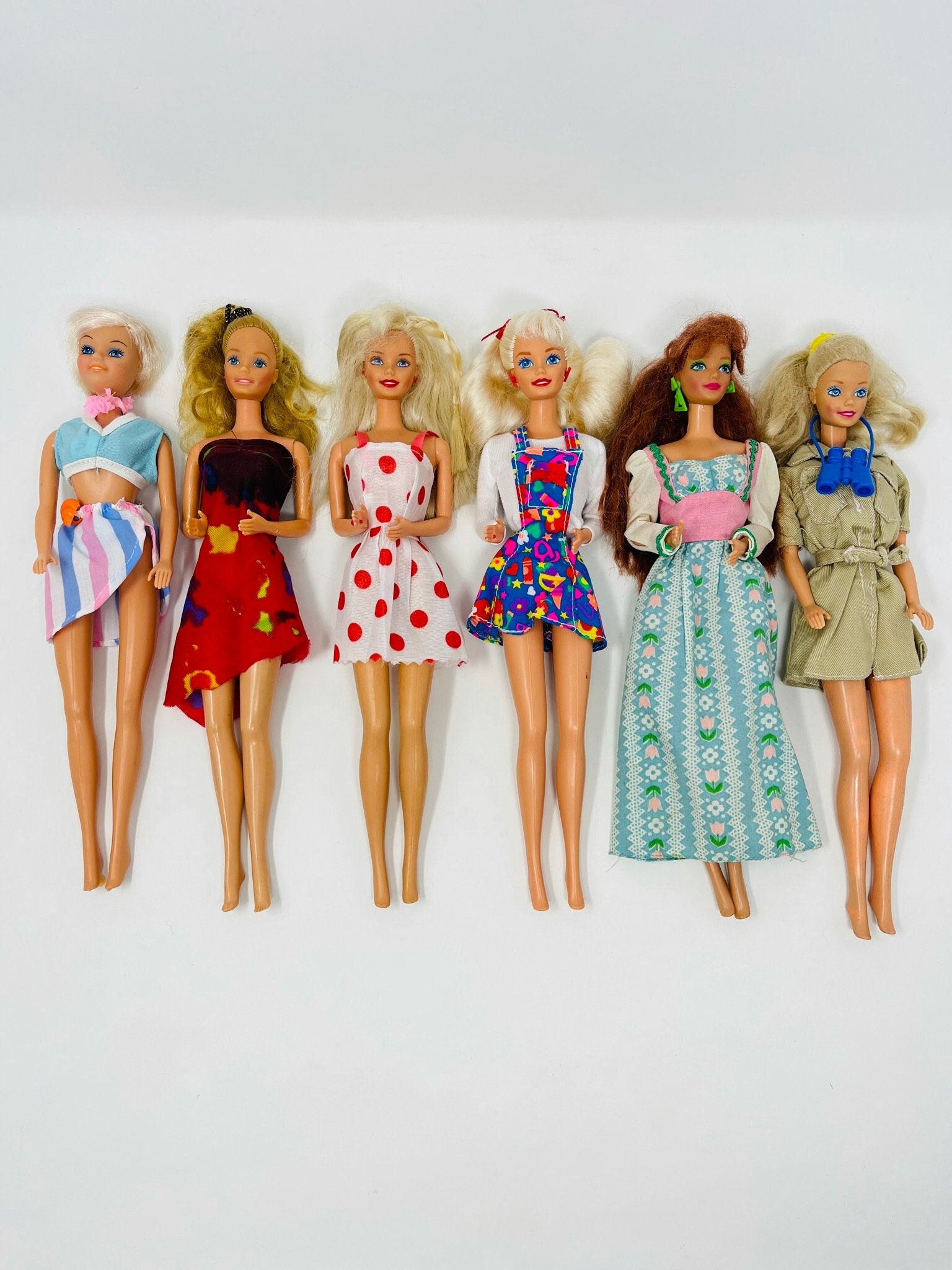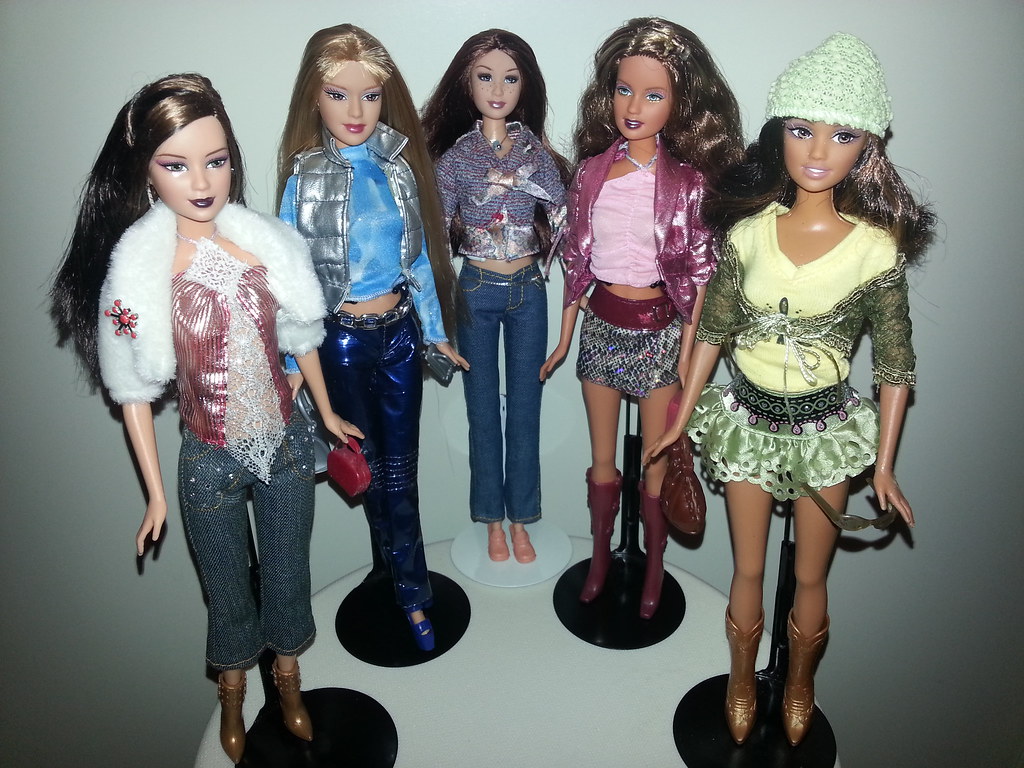Now that I’ve discussed how individualism is evident within American beauty advertisements, especially regarding how they portray beauty intrinsically, we should ask ourselves how being a member of an individualist society affects our everyday lives. Thus, being raised with the idea that individuals should prioritize their own happiness and well-being over those of others does not just impact the individual’s views and values; this also impacts the overall dynamic of a collective society, affecting how we view the lives of others.
For example, what is the first thing you see when you open an everyday application like Instagram? Do you see posts of happy puppies running circles around their owners, or the unnervingly toxic couple that poses as a functional, desirable relationship? Typically, Instagram portrays the lives of others as unrealistically hedonistic, where posting the best version of an individual’s self in a pleasurable setting is normalized. Instagram profiles are centered around the individual, flaunting the individual’s beauty, accomplishments, and assets. These posts accumulate while building one’s Instagram profile, flooding our feeds with a false impression of our world and the lives of others. While Instagram feeds are often assumed to portray the actual lives of others, in actuality, they only depict the lives that others want the world to see.
Maybe this is why individualist societies portray beauty as the ultimate intrinsic good, as it is normalized for members of these societies to solely share the highlights of their lives to promote themselves as potentially more worthy than they actually are. Because individualist societies are competitive by nature, this idea seems logical but is ambiguously detrimental as others feel an intense obligation to fulfill these standards, which are projected through Instagram and other social media apps.

Above is social media influencer and LSU gymnast Livy Dunne, a conventionally attractive celebrity who was caught photoshopping the above image in an Instagram post, altering the size and shape of her body. While the media already considered her [essentially] the standard of American beauty, this post raised consequential controversy and prompted many to reconsider: is photoshopping ethical? Although it is understandable that, like other members of individualist societies, she evidently prioritizes promoting the best version of herself, is it, then, acceptable if this simultaneously exacerbates others’ insecurities?
If your answer is no, then why do we continue to normalize the abuse of photo editors and alternators that aim to perfect the imperfect instances of a realistic society? While being part of an individualist society may explain why we use these applications, it does not justify them as ethical or socially sustainable, as demonstrated by the unethically provoked insecurities as a result of Livy Dunne’s Instagram post.
Work Cited:
Noone, Virginia. “Is Photoshopping on Social Media Ethical?” Old Gold & Black, 5 Sept. 2023, wfuogb.com/20767/opinion/is-photoshopping-on-social-media-ethical/. Accessed 25 Oct. 2023.

:max_bytes(150000):strip_icc():focal(346x0:348x2):format(webp)/image001-1-cb1c3d080c034170a6814d2fa9746e86.png)




 When a woman walks into a room, is she judged solely based on her appearance? Do her opinions, values, or ideas even matter to us if she is visually unattractive? A civic artifact that reflects how critical looks are in society’s perception of women is just one of 2023’s many popular beauty products: lip plumper. While these plumpers do temporarily make lips appear fuller and rounder, we need to ask ourselves what the true intentions behind these products are.
When a woman walks into a room, is she judged solely based on her appearance? Do her opinions, values, or ideas even matter to us if she is visually unattractive? A civic artifact that reflects how critical looks are in society’s perception of women is just one of 2023’s many popular beauty products: lip plumper. While these plumpers do temporarily make lips appear fuller and rounder, we need to ask ourselves what the true intentions behind these products are.